All of us are facing the pressure to achieve
results in our professional activities. Achieving results, getting things done,
making things happen. That is what management is all about in my opinion.
In this post I would like to take the manager´s
view to share some thoughts based on my experience and the learnings I took
from this experience.
You can find different kind of managers. For
example, those who make things happen, those who watch things happening and,
let´s say, those who don’t know what is happening. Ideally the focus should be
in making things happen as the best way to succeed.
But let´s consider some questions to be
answered:
·
Is
getting things done simply a matter of personality which some people have and
others haven´t? For example, drive, leadership, ambition…
·
And
if you don’t have the drive, leadership and so forth which it takes, is there
anything you can do about it?
·
Finally,
to what extent is the ability to make things happen a matter of using
techniques which can be learnt and develop during your career?
In my view, personality is important. Unless
you have determination and drive nothing will get done. But we need to
remember that your personality is a function of both nature and nurture. Your
experience is the critical element together with education and training.
We cannot change our personality easily but we
can develop and adapt it by learning from our own experience and by observing
and analyzing other people´s
behavior. That’s why is so important to absorb all the best from your superiors
and colleagues to create your own management style and become a real achiever.
In terms of the techniques for achieving
results, I would mention planning, organizing, delegating, communicating,
motivation and controlling. For sure, you can learn all of them. But in my view
these techniques are only as effective as the person who uses them. They should
be applied in the right way and in the right circumstances. And don’t forget
you still have to use your experience to select the right technique and your
personality to make it work.
To become a person who makes things happen you
have to develop skills and capacities by understanding, analyzing and learning
so my recommendation would be as follows:
·
Understand
what motivates and inspires achievers. For
example, the personality they display in getting things done.
·
Observe
what achievers do. For example, how they operate, what techniques they use
·
Analyze
your own behavior, just to stress behavior, not personality. Compare it with that
of high achievers and think how to improve your effectiveness.
·
And
very important, learn as much as you can about the management techniques
available in every moment. In other words, be updated in all of them.
Probably one of the most difficult things is
how to analyze your own behavior. I faced this problem in a lot of occasions.
It is no good to analyze your own behavior unless you have criteria against
which you can measure your performance. So you have to set standards for
yourself and if you don’t meet them, ask yourself why. I have also used this
approach many times. The answer should tell you what to do next time. As an
example, the basic questions you could ask yourself could be as follows:
·
What
did I set out to do?
·
Did
I get it done?
·
If
I did, why and how did I succeed?
·
If
not, why not?
The aim
is to make effective use of your experience.
Based on all the above the question is what do
achievers do? What I have seen in a lot of high achievers and I have tried to
replicate in my personal career, are things like these:
·
They
define to themselves precisely what they want to do
·
They
are prepared to discuss how things should be done and will listen and take
advice. But once the course of action has been agreed they stick to it unless
events dictate a change of direction.
·
They
work hard and work well under pressure.
·
They
are never completely satisfied with their own performance.
·
They
normally take calculated risks.
·
They
are enthusiastic about the task and transmit their enthusiasm to others.
·
They
are able quickly to sum up situations, define alternative course of actions,
and suggest to their collaborators/colleagues what needs to be done.
·
And
finally, they continually monitor their own and their collaborators performance
so that any deviation can be corrected in good time.
As a conclusion, I would say, the process of
observation, analysis, and learning will help you to become an achiever. But
remember, achieving results is ultimately about making promises, indeed, to
others and to yourself, and above all keeping them.






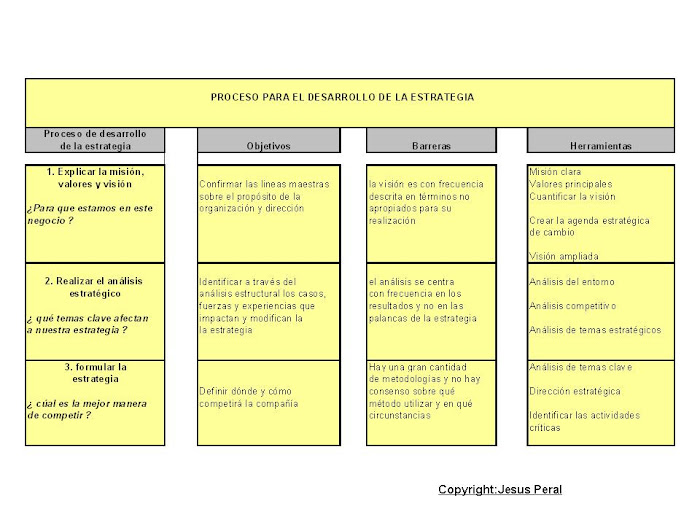

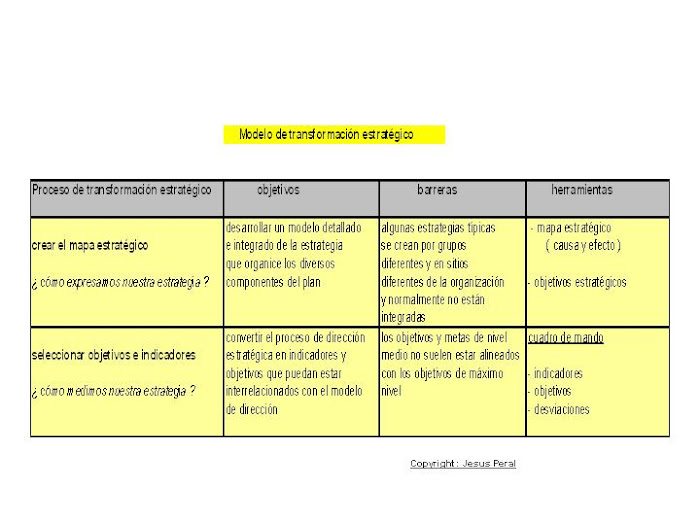
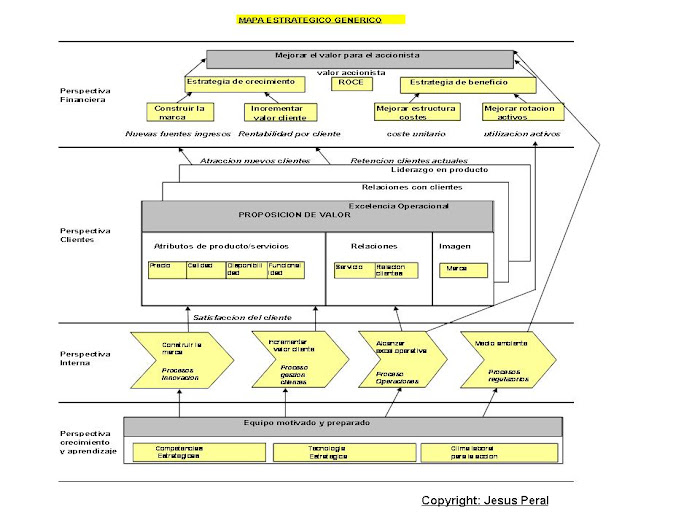

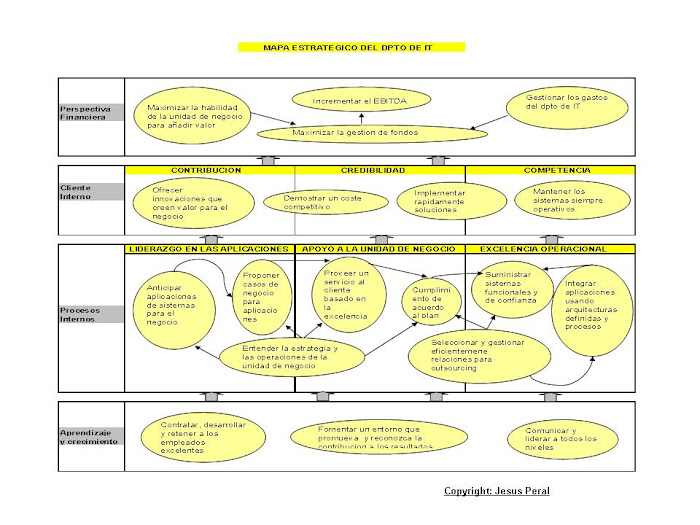
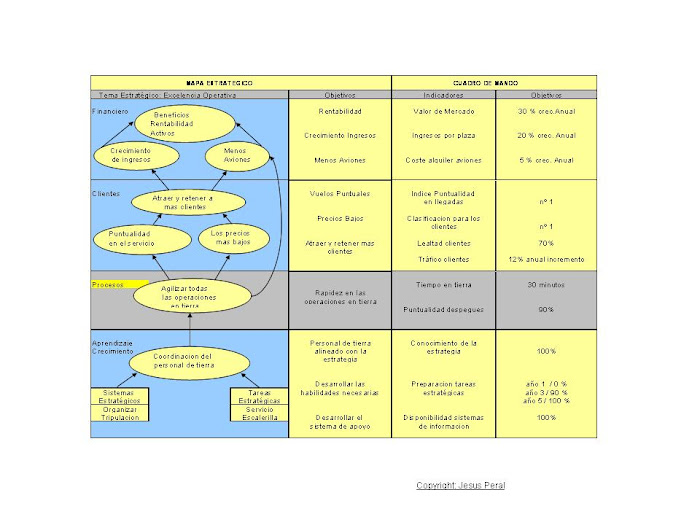
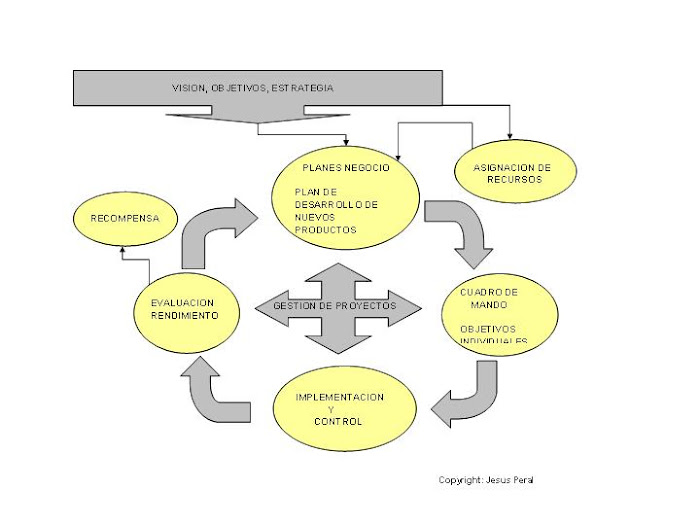

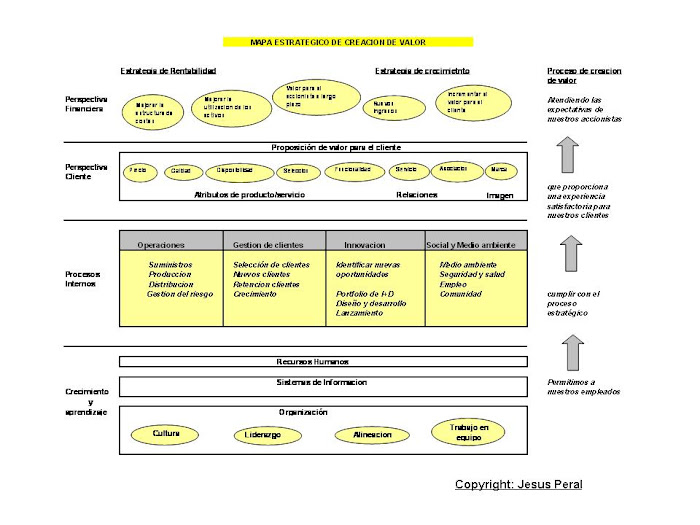




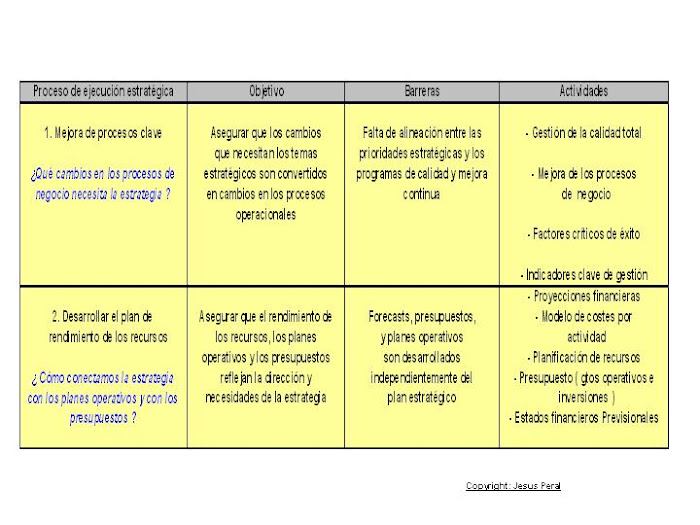
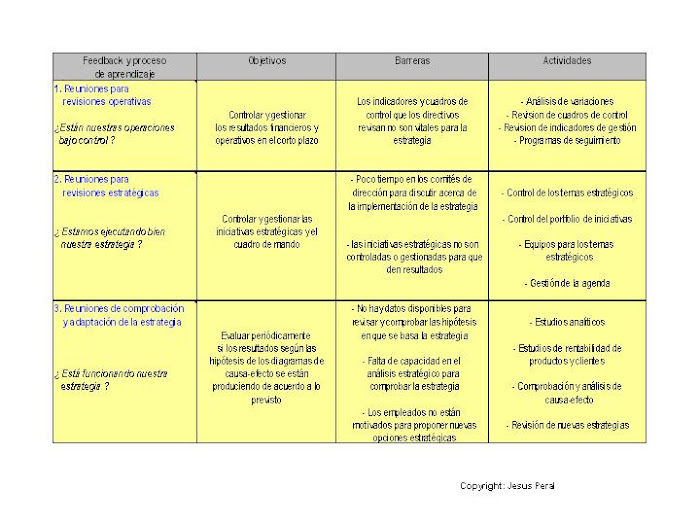


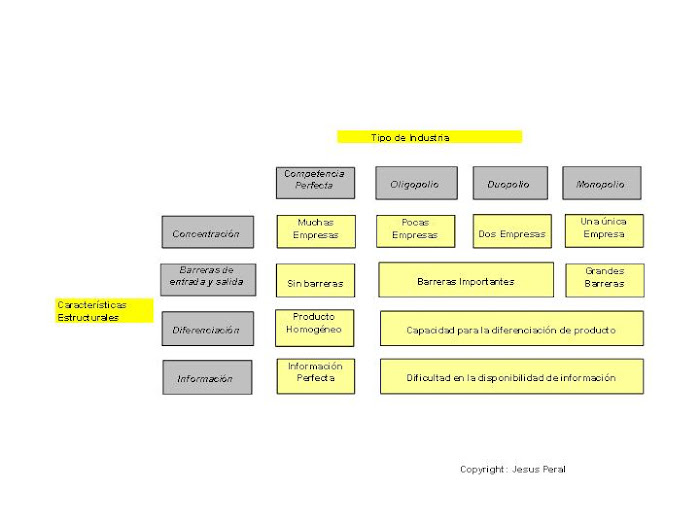

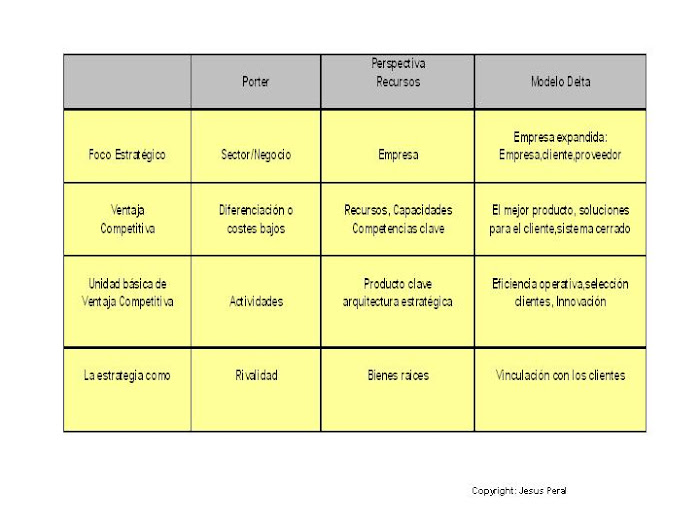
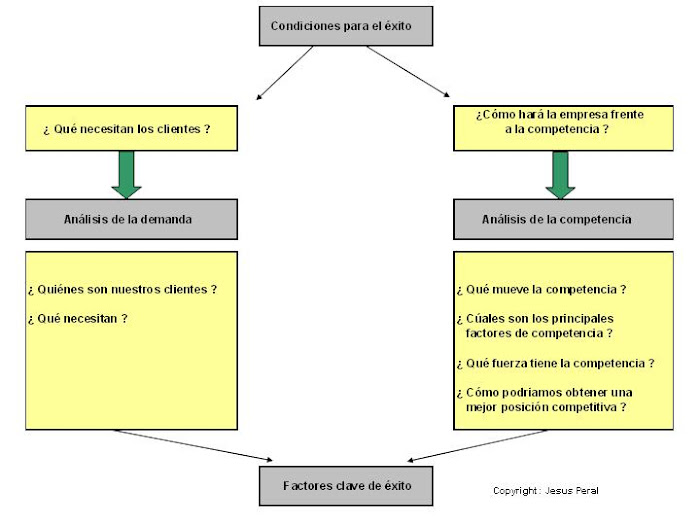
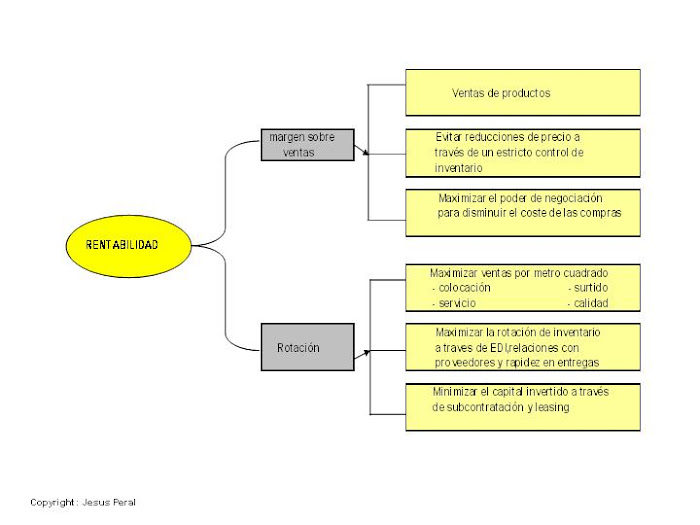





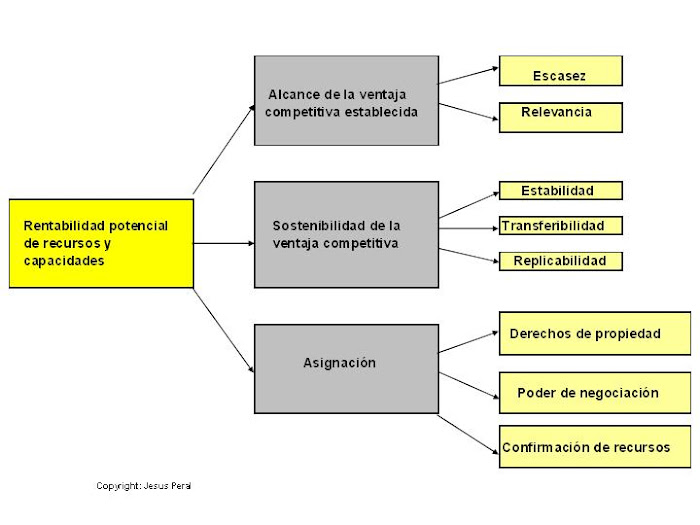

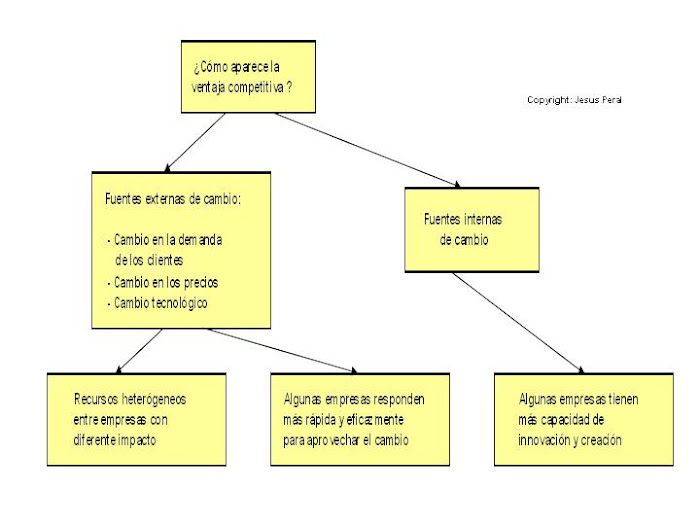

































No hay comentarios:
Publicar un comentario